1- The border areas of our country stretch from North to South with many ethnic minorities living with diverse, unique cultural nuances, unified in the cultural identity of the Vietnamese people. These ethnic groups all have their own rituals, reflecting the spiritual life of the people, such as the worshiping of the midwife, the full month worshiping, the coming of age ceremony, the ceremony to drive away evil spirits and diseases, the ceremony to pray for good luck, the longevity celebration ceremony, etc.; the festival to worship the god of the mountain, the god of the river, the god of agriculture , the festival to welcome the whale, the festival to open the sea, etc.; the forest worshiping ceremony, the rain praying ceremony, the ceremony to go to the fields, etc. These festivals and rituals are all performed according to the regulations of each ethnic group and have the participation of members of the family, clan, village, and hamlet, creating a strong community bond.
In harsh natural conditions, unfavorable terrain and soil, ethnic minorities in the border areas of our country are always diligent, persistent, creative in labor, production and adapting to social changes; thereby creating unique cultural values, unified in the diversity of the community of 54 ethnic groups on the S-shaped strip of land. This cultural value needs to be preserved and promoted in the cause of building an advanced Vietnamese culture, imbued with national identity.
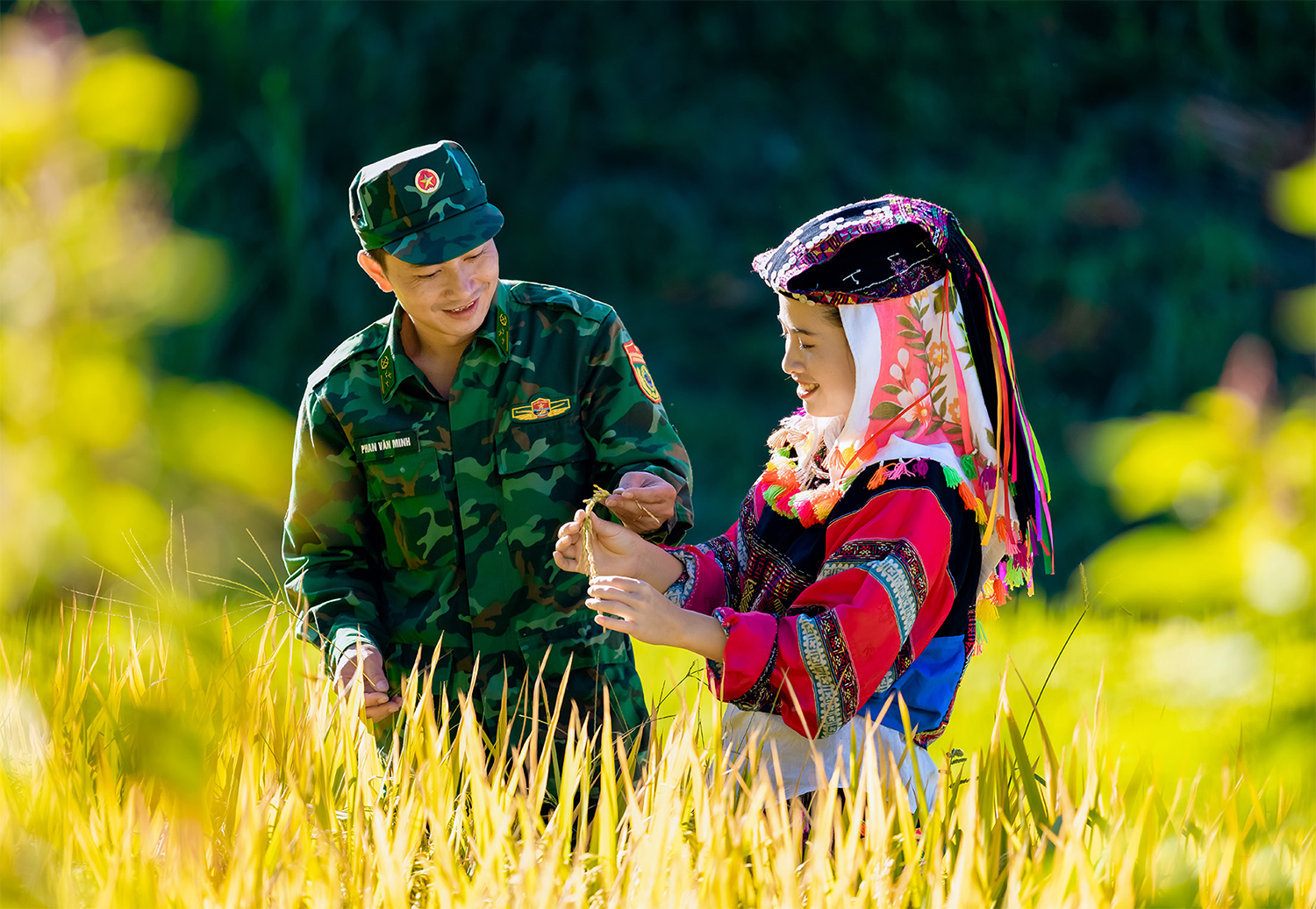
2- Since its establishment, the Party Committee, the Border Guard Command and the Party committees and commanders of the units have always actively participated in the economic , cultural and social development in the area, paid attention to building the material and spiritual cultural life of soldiers and people, encouraged cadres, soldiers and ethnic minorities to maintain their confidence, stay on every inch of land in the border, sea and islands, and excellently complete all assigned tasks; build a "people's border defense posture", firmly protect the national border, maintain security, order and social safety in the border area.
Pursuant to Decision No. 210/QD-TTg dated February 8, 2015 of the Prime Minister approving "Vietnam's foreign cultural strategy to 2020 and vision to 2030"; Decision No. 1909/QD-TTg, dated November 12, 2021, of the Prime Minister approving the " Cultural Development Strategy to 2030" ; Directive No. 355-CT/QUTW, dated April 20, 2017, of the Central Military Commission Standing Committee "On strengthening leadership and direction of cultural, literary and artistic work in the army in the current period", the Party Committee and the Border Guard Command have thoroughly grasped and seriously implemented the content of cultural, literary, artistic and press activities to agencies and units in the entire force, ensuring correct and sufficient content, close to the actual situation of the units and management areas. In particular, it is clearly determined to actively and proactively coordinate with functional sectors to advise local Party committees and authorities to deploy many activities to preserve and promote cultural values, ensuring synchronization, focus, and key points, taking the people as the main subject, ensuring connectivity between ethnic groups, exploiting the cultural values of ethnic groups associated with tourism development, transforming the labor structure, and improving the material and spiritual life of ethnic minorities.
In the period of 2021 - 2025, the Party Committee and the Border Guard Command have led and directed the development and promulgation of many specific plans and instructions, such as Plan No. 555/KH-BĐBP, dated February 16, 2022, of the Border Guard Command "on the implementation of the Planning of the cultural institution system in the Border Guard for the period of 2021 - 2025, with a vision to 2030"; Instruction No. 627/HD-CCT, dated February 24, 2021, of the Political Department "on organizing key activities on culture, literature, art, and military press in the Border Guard for the period of 2021 - 2025"; Official dispatch No. 1157/CCT-TH, dated September 15, 2023, of the Political Bureau "on implementing the Movement "All people unite to build a cultural life""...; at the same time, organize conferences to disseminate and deploy tasks of cultural, literary, artistic, and journalistic activities... Thereby, contributing to building and replicating many good models and mass movements to participate in preserving and promoting the nation's fine cultural values, absorbing the quintessence of human culture, eliminating bad customs; implementing ethnic policies well, associating cultural heritage preservation with socio-economic development; promoting core values, creating endogenous strength for ethnic minority communities in border areas to develop in all aspects.
Implementing the Campaign "All people unite to build a cultural life", the Party Committee and the Border Guard Command have advised local Party committees and authorities to build village covenants, conventions and regulations for each clan, village and hamlet; strictly organize the implementation of cultural management, protection of tangible and intangible cultural heritage in the area, promote the elimination of social evils, practice a civilized lifestyle in weddings, funerals and festivals; regularly educate and raise awareness for officers and soldiers to be vigilant against the plot of "peaceful evolution"; regularly provide specialized training on cultural management; strictly regulate the management of information, propaganda, printing, publishing and internet use; closely coordinate with functional forces to strengthen inspection, control and effectively combat illegal trafficking in border areas; strictly handle violations in cultural service activities in border areas. Projects and plans on preserving and promoting national cultural identity are materialized through many models, such as "Cultural villages, safe hamlets"; "Folk song clubs in border areas"... movements "Model parishes and parishes", "Peaceful hamlets, harmonious families", "Model veteran families", "Cultural youth villages"...
The work of preserving and promoting the cultural identity of ethnic minorities in border areas by the Border Guard is also demonstrated through the participation in building cultural life at the grassroots level, building a synchronous system of cultural institutions, contributing to improving the level of cultural enjoyment for the people. Up to now, 100% of border villages and hamlets have cultural houses, communal houses, communal houses (1) , and community houses; 50% of border communes have communal cultural houses and sports grounds. The units have advised local authorities to focus on preserving and promoting the value of historical and cultural relics, revolutionary relics, and scenic spots; preserving traditional villages and hamlets through the construction of cultural villages and hamlets of ethnic groups, creating the premise of space and location for cultural festivals, cultural clubs, arts, beliefs, and folk performances of ethnic minorities to be organized, performed, and taught.
Border Guard units participate in the project to preserve and sustainably develop some ethnic minorities with special difficulties in the border areas of our country, such as the La Hu and Mang ethnic groups (Lai Chau province), the Chut ethnic group (Quang Tri and Ha Tinh provinces), the Ro Mam and Brau ethnic groups (Quang Ngai province)..., contributing to positively changing the lifestyle and thinking of ethnic minorities, collecting many valuable folk songs and musical instruments to serve the research of ethnology and folk art. Units actively participate in artistic activities, such as Then singing, Tinh lute, and Xoe dance of the Thai ethnic group (Dien Bien, Son La, Thanh Hoa provinces), Then singing, Tinh lute of the Tay and Nung ethnic groups (Cao Bang and Lang Son provinces), Mong panpipes (Yen Bai and Tuyen Quang provinces), Cheo singing (Hung Yen and Ninh Binh provinces), Bai Choi art singing (Da Nang, Quang Ngai and Gia Lai provinces and cities), Ba Trao singing (Quang Tri province), Don Ca Tai Tu (Ca Mau province)... Participating in clubs not only contributes to improving understanding of customs, practices, traditional culture, nurturing the soul and cultural and artistic talents of officers and soldiers of the Border Guard, but also contributes to doing a good job of mass mobilization, preserving and promoting the intangible cultural values of ethnic minorities where the unit is stationed.
Traditional sports such as pole pushing, boat racing, archery, crossbow shooting, tug of war, etc. are collected and actively practiced, and included in the official competition content at annual sports tournaments and local festivals. Musical instruments, instruments, labor tools, and traditional production of ethnic groups are also promoted, encouraged to be preserved and maintained. Literary and artistic creation, cultural dissemination, and folk arts are promoted. The role of village elders, village chiefs, prestigious people in the community, and folk artists is promoted, pride in the traditional values of the nation is aroused in generations, which has encouraged and urged people to actively and responsibly participate in activities to preserve the traditional cultural values of the nation. Training and fostering of cadres, especially ethnic minority cadres, prestigious people, the young generation, and people knowledgeable about ethnic culture are regularly organized to effectively preserve, maintain and promote the fine traditional cultural values of each ethnic group.
In particular, the Party Committee and the Border Guard Command have promoted the role of 45 cultural propaganda teams in dozens of provinces, cities and the Border Guard Academy; more than 400 cultural propaganda teams at border posts in deploying information, propaganda and building a spiritual and cultural life for people in border areas. Every year, cultural propaganda teams and groups have served thousands of times/session of information propaganda, cultural and artistic performances for millions of viewers, even in remote and isolated villages. Units participate in and manage traditional festivals, manage and operate cultural and information clusters, radio and television on the border, sea and island lines. Accordingly, the Party Committee and the Border Guard Command have coordinated with ministries and branches to install 13 foreign information clusters at 13 international border gates; installed storm warning information systems for 100% of border posts and stations on the sea line; Each border province and city has from 3 to 5 loudspeaker clusters in the border area, broadcasting on weekends in Vietnamese and the languages of some ethnic minorities to inform about domestic and international news, the Party's guidelines and policies, the State's policies and laws, the socio-economic situation, security, order, weather, agricultural crops in the area, cultural and mass art programs composed and performed by local people... Build and effectively promote "Cultural Bright Spots" in border areas (border posts, commune cultural houses, schools...); build and consolidate the system of libraries, reading rooms, Ho Chi Minh rooms to serve officers, soldiers and people in border areas; proactively cooperate with provincial and city libraries to organize mobile book bags, law bookcases, and circulate hundreds of legal books, books and other newspapers between border posts and communes and villages to serve the reading and legal learning needs of soldiers and people.
The Party Committee and the Border Guard Command have consulted with local Party committees and authorities in border areas to issue many policies, resolutions and plans to build tourism models and products, thereby promoting the effective exploitation of the cultural values of ethnic minorities, creating local tourism products. Some localities have been implementing the construction of villages and hamlets to become "living museums" to preserve and promote cultural identity associated with tourism development. Many tourism models and products are built from the cultural foundation of ethnic minorities in border areas, such as traditional craft villages, community tourism, nature discovery tourism, creating new attractions for domestic and foreign tourists, contributing to improving people's lives, eliminating hunger, reducing poverty, raising awareness of ethnic minorities about the responsibility to preserve and teach their children about traditional culture, from costumes, cuisine, beliefs, performances, to the folk knowledge system and modern knowledge in building new rural areas. Cultural exchange activities with neighboring countries sharing a common border have always been of interest to the Party Committee and the Border Guard Command, creating favorable conditions for the development of community tourism to introduce and promote typical cultural products and the image of Vietnam to international friends, contributing to improving the effectiveness of foreign affairs, protecting and maintaining territorial sovereignty, national borders, maintaining security, order and social safety in border areas.
The Party Committee and the Border Guard Command have concretized many policies and guidelines of the Party, policies and laws of the State, the Central Military Commission, and the Ministry of National Defense on prioritizing socio-economic development in remote, isolated, border, sea and island areas... with hundreds of effective social security models and programs with high spillover effects, gradually promoting socio-economic development, improving people's knowledge, ensuring social security; implementing ethnic and religious policies in border areas in conjunction with building and consolidating national defense and security; proactively and actively participating in preventing, combating and overcoming the consequences of natural disasters, epidemics, searching and rescuing... Border Guards of provinces and cities have registered to receive support for a number of criteria in building new rural areas for over 600 border communes, wards and towns with a specific roadmap and implementation measures; At the same time, proactively and actively coordinate with departments, ministries, branches, unions, Party committees and local authorities to organize many meaningful and humane programs with high influence towards the border, sea and islands, such as the program "Spring Border Guard warms the hearts of the villagers", "Helping children go to school - Adopted children of border guards", "Accompanying women in the border areas", "Border - Full Moon Festival Night"... contributing to building a comprehensively strong border area, creating a solid material foundation for the work of preserving and developing the culture of ethnic minorities in the area.
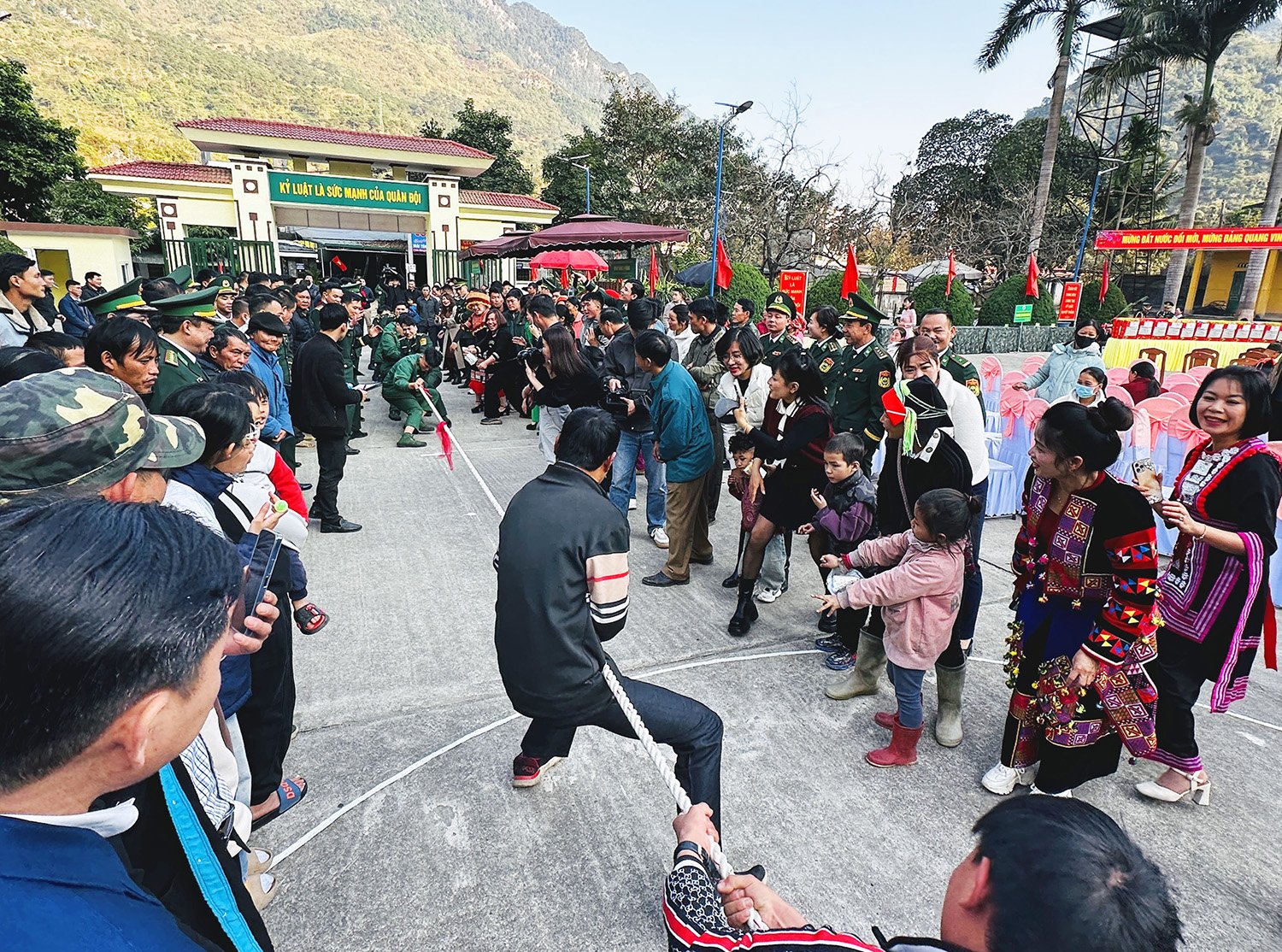
3- Ethnic minorities in the border areas of our country have diverse and unique cultures. This is not only a solid spiritual support for the army and people in the border areas, but also a valuable resource that needs to be further aroused, spread and promoted in socio-economic development, contributing to the overall development of the country. In the new context, science, technology and new media (especially social networks) are developing strongly and rapidly, greatly affecting traditional cultural values. In addition, our country is having strong economic, cultural and social development steps, along with strategies of "breakthrough of breakthroughs" in reform, institutional improvement, building a streamlined, strong, efficient, effective and efficient apparatus, and rearranging administrative units at all levels. The above reality has been posing increasingly high demands for the management and protection of territorial sovereignty and national border security in general and the task of preserving and promoting the cultural identity of ethnic minorities in border areas in particular. When administrative boundaries are rearranged, the cultural exchange and acculturation between ethnic minorities in border areas will also change, and investment resources for cultural preservation and development will have a new development step. In order to contribute to preserving and promoting cultural values that have been nurtured through many generations of ethnic minorities, with the spirit of "each border guard is a cultural officer on the border", in the coming time, the Vietnam Border Guard will focus on leading and directing the implementation of the following tasks and solutions:
Firstly , continue to advise local Party committees and authorities, closely coordinate with functional agencies at all levels to effectively implement the content of building and developing culture in the spirit of the 13th National Party Congress. Mobilize all levels, sectors, and mass organizations to strengthen coordination, improve the quantity and quality of cultural activities in remote areas, border areas, seas, and islands; contribute to narrowing the gap in enjoyment of cultural life, spiritual life, and material life between border areas and other regions and areas across the country. Improve the effectiveness of border units in bringing cultural information to the grassroots; step up the fight against the "peaceful evolution" plot of hostile forces; effectively monitor, prevent, and combat harmful cultural products from entering through the border.
Second , continue to promote propaganda and mobilize cadres, soldiers and people to actively participate in cultural activities and build a new cultural life. Invest in, build and promote the effectiveness of cultural institutions, regularly innovate the content and forms of cultural preservation activities suitable to each locality and each ethnic group. Proactively and actively join the Party Committee, government, functional sectors and ethnic minorities in participating in the work of preserving and promoting cultural values; in which, focus on strongly promoting the role of ethnic minority border guards and soldiers who are knowledgeable about ethnic minority culture.
Third , further promote the role of the Border Guard's cultural propaganda teams in collecting, exploiting, performing and teaching folk arts and unique customs and festivals imbued with the identity of ethnic minorities in the border areas. Regularly organize cultural exchanges, competitions and folk culture performances to strengthen military-civilian solidarity, raise awareness of preserving and honoring the traditional cultural values of ethnic minorities; thereby contributing to fostering the great national unity bloc, building a "people's border defense posture", firmly protecting security, order and social safety in the border areas in the new situation./.
---------------
(1) A traditional house of the Co Tu people
Source: https://tapchicongsan.org.vn/web/guest/quoc-phong-an-ninh-oi-ngoai1/-/2018/1107502/bo-doi-bien-phong-chung-suc-bao-ton-va-phat-huy-ban-sac-van-hoa-cac-dan-toc-thieu-so-khu-vuc-bien-gioi.aspx



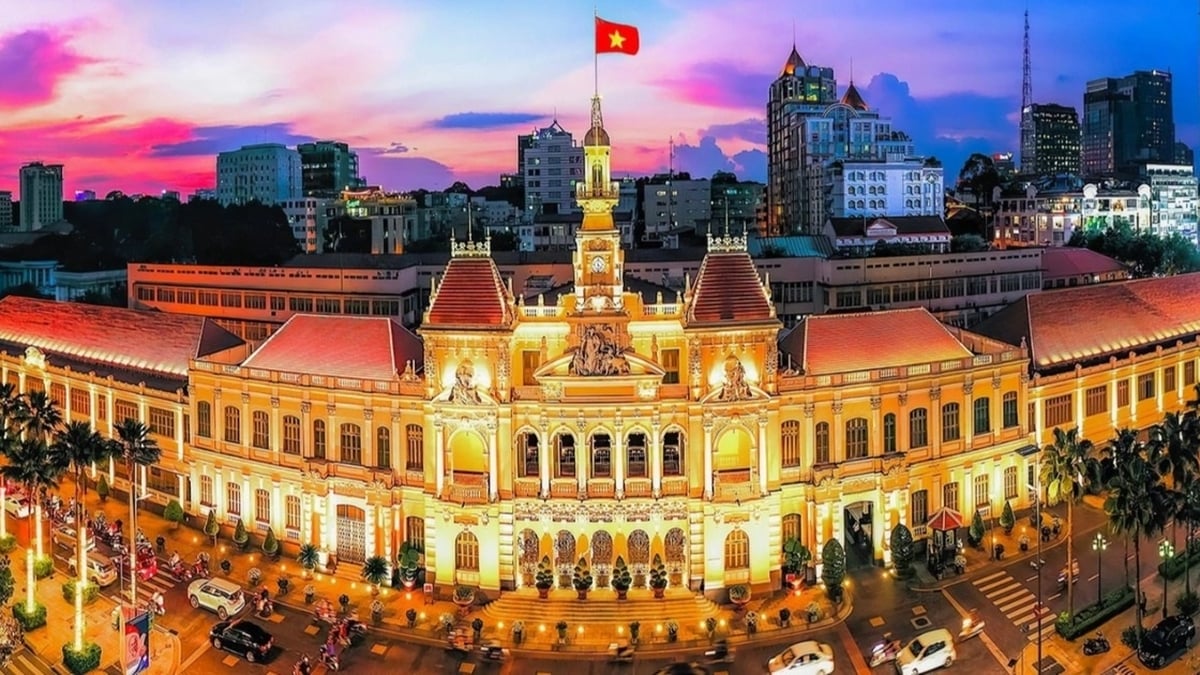

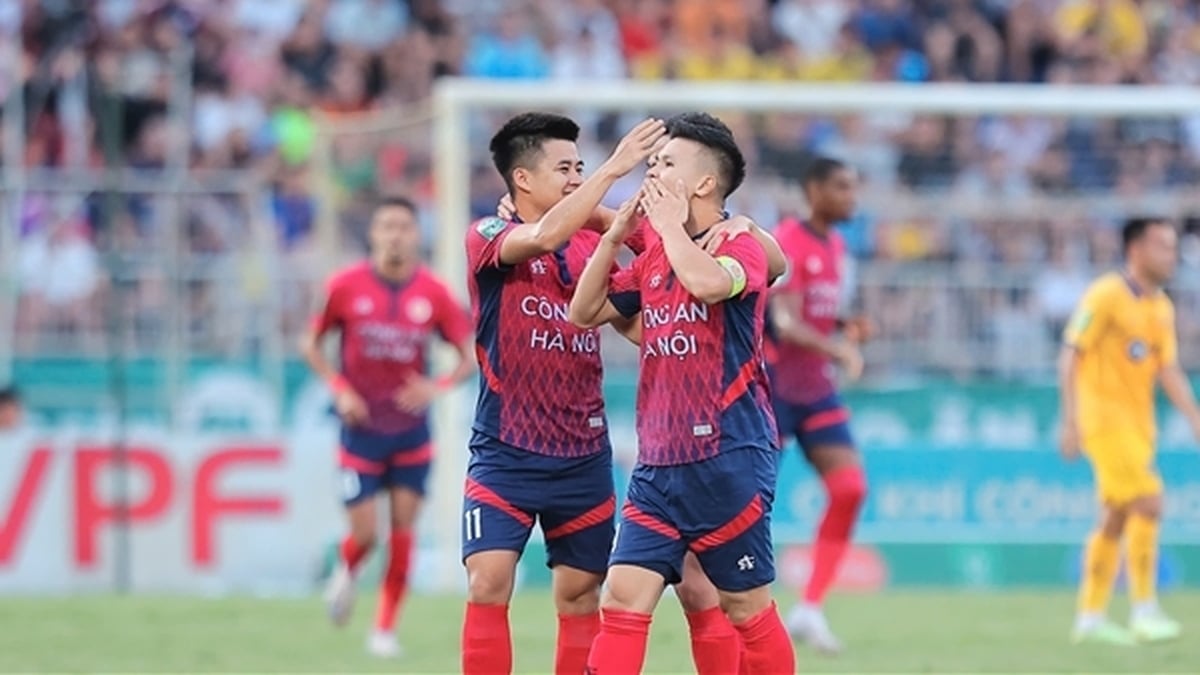
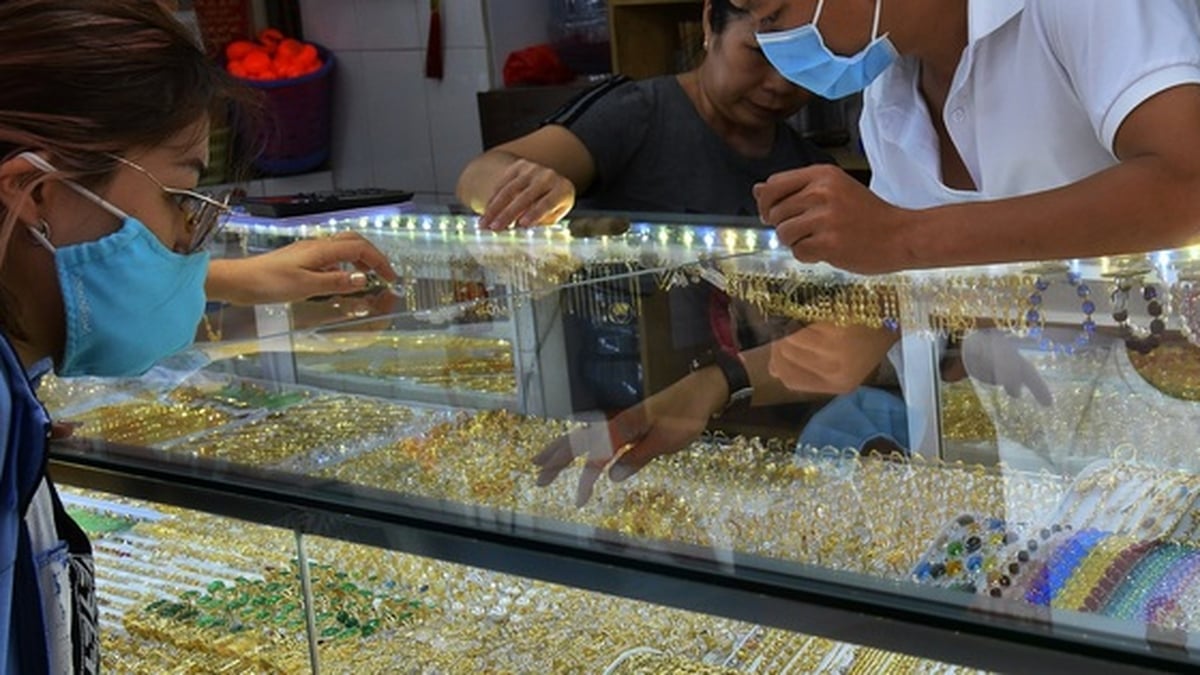
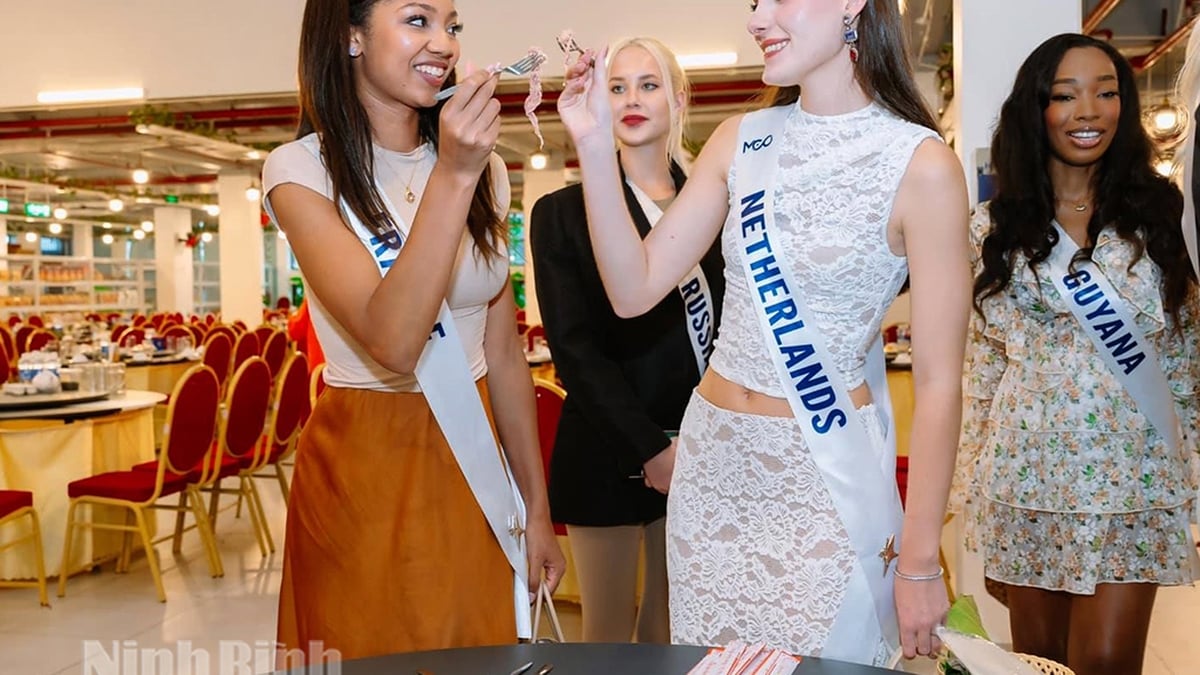
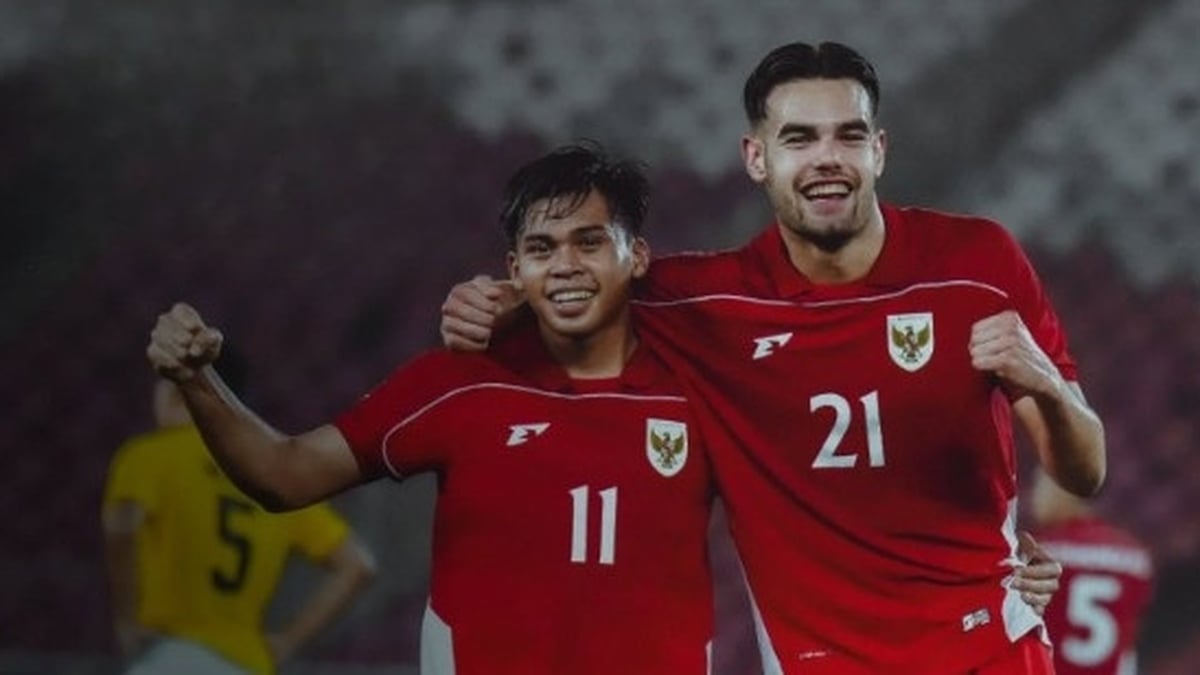
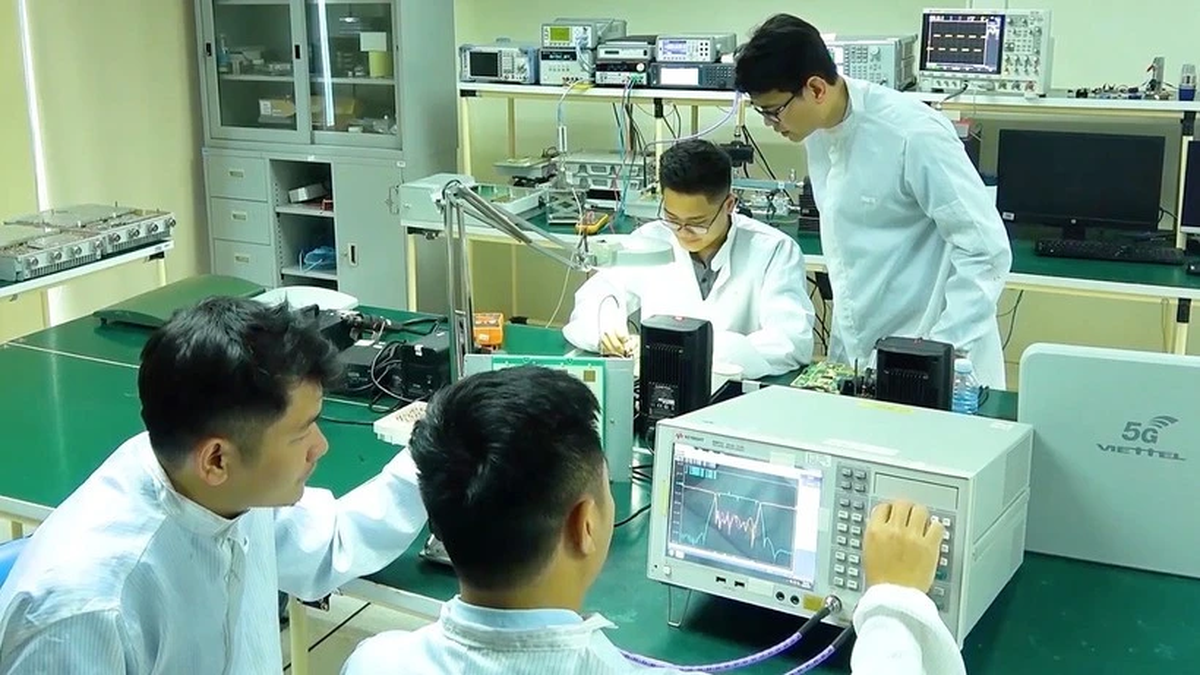
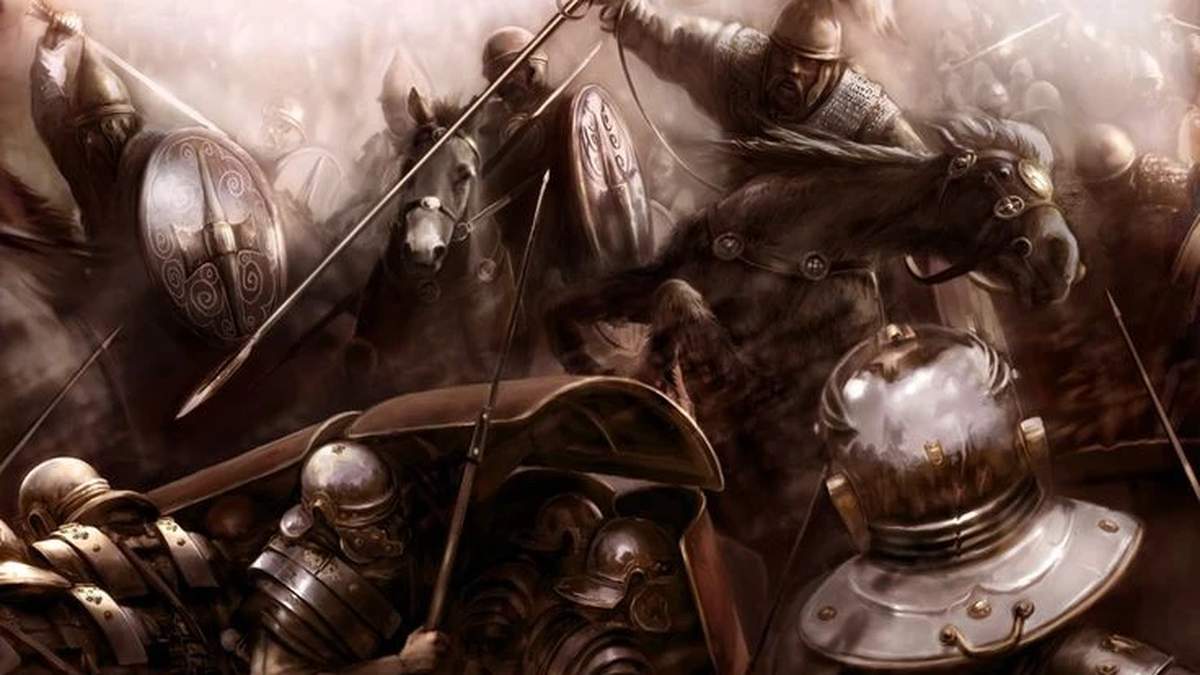
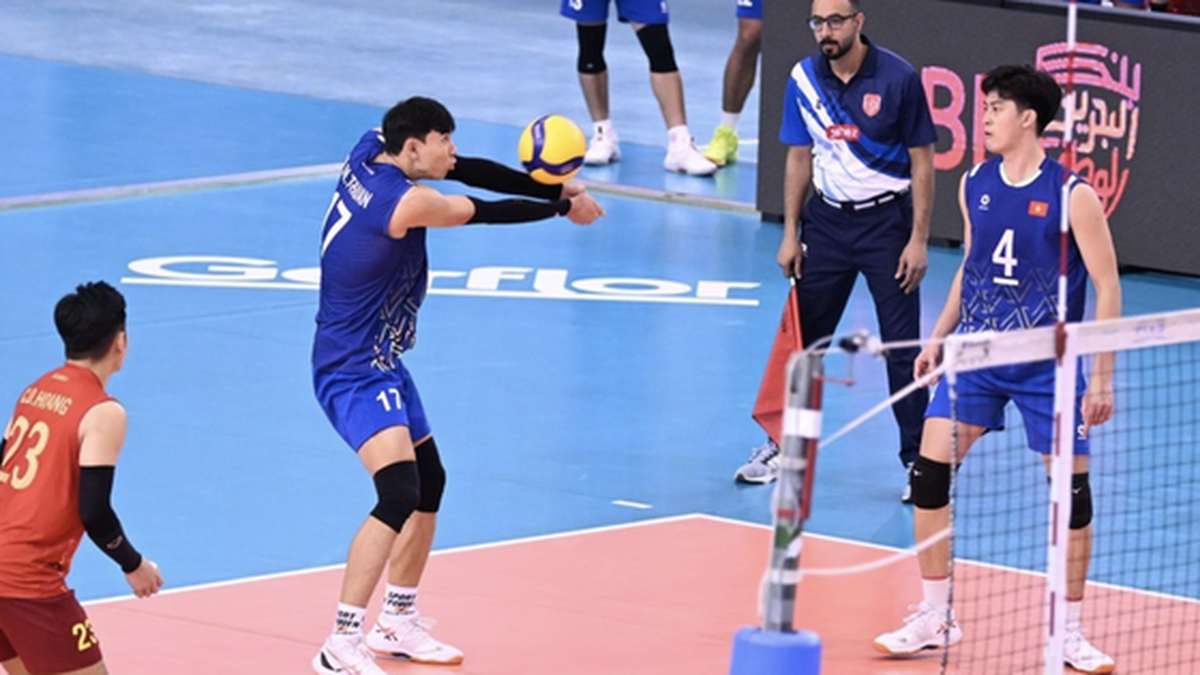

























































































Comment (0)